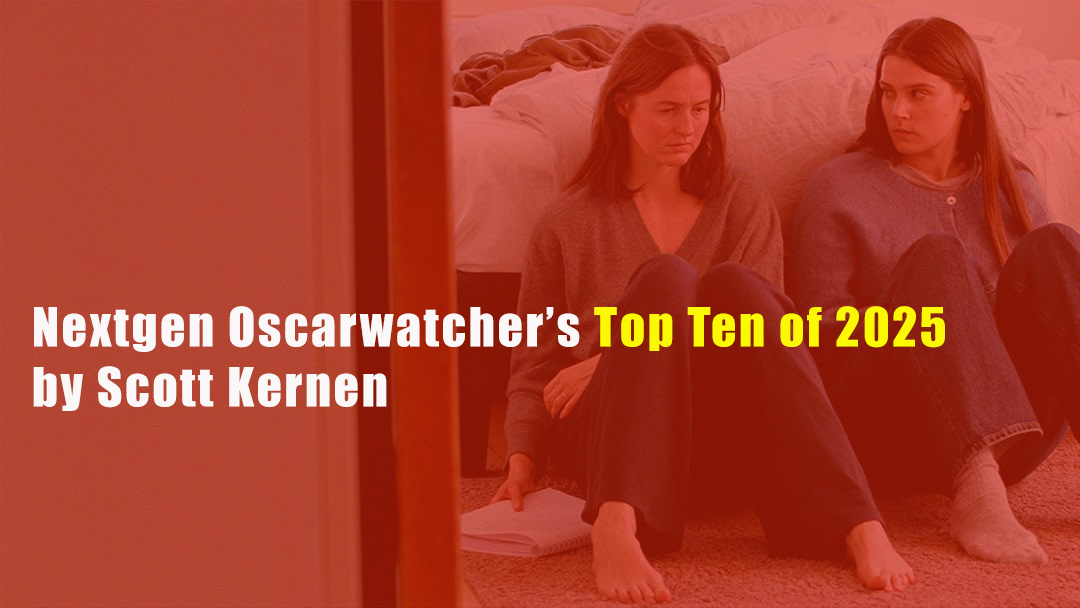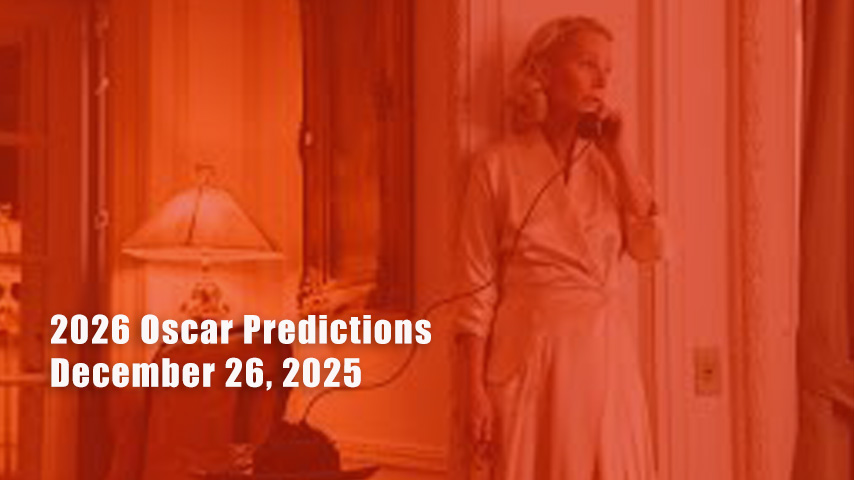In his adaptation of Walter Isaacson’s biography of Steve Jobs, Aaron Sorkin did the unthinkable. He turns the story of the Great Steve Jobs into the story of Steve Jobs’ relationship with his daughter. At least, that’s the simple way of explaining what Sorkin is doing. The truth is it goes much deeper than that but you have to be willing to look more closely to discover the point of this shift in focus, a shift that has apparently upset some people for a variety of reasons. New York Magazine’s film critic David Edelstein believes Sorkin’s concentration on Lisa Brennan-Jobs in the third and most memorable act of the film ruins it. Far better to make this aspect of Jobs’ life a footnote, no? He is, after all, Steve Jobs. He changed the world, didn’t he? The people at Apple and Steve Jobs’ wife have protested this angle on Jobs’ legacy and life. They clearly see it as a negative.
Sorkin did something similar with the first in his series of culture quakes from the tech frontier. The macro version of The Social Network and now, Steve Jobs would be to look at what these mutations in American life have ultimately done to us. Where we are now, how we got here, and where we’re going. Mark Zuckerberg revolutionized the way we define the word “friend” and “like.” If most of us are now so busy staring at our phones we don’t notice the world around us and if we’ve become consumed by our narcissistic tendencies to post selfies of ourselves, and in all other ways redefine who we are to the online collective then these things can be traced to the mini gods who changed everything. This is not lost on Sorkin.
The two men at the heart of The Social Network and Steve Jobs are very different — and these are two very different films by two very different directors. What unites them is the striking juxtaposition of the wizard, his magic and the unintended consequences. In real life, the real people involved squirm under Sorkin’s telling. They don’t want to admit that what he’s doing is using these men to tell a bigger and more important story. In Sorkin’s portrayals, Zuckerberg and Jobs, in effect, serve as symbols to pivot from who we once were and who have now become. But to let go of who Mark Zuckerberg really is (he’s a nice guy! with girlfriends!) and who Steve Jobs really was (he was a family man! his daughter lived with him for most of her life!) is difficult for some. They refuse to believe that art is worth letting go of some truths in order to drill down to others.
The idea that Mark Zuckerberg’s inspiration from Facebook came as the result of a girl rejecting him was ludicrous, said Zuckerberg’s real life friends. The idea that the genesis of Steve Jobs’ Apple empire might stem from Jobs’ own personality problems, up to and including shutting out the one person who should have meant most to him, is raising similar objection. To accept these two stories we need to be willing to dive headlong into metaphor and symbol. Of course the real Zuckerberg didn’t build Facebook for only that reason, and of course the real Steve Jobs was a father to four other kids and did his best by Lisa. Sorkin isn’t ever going to be that guy who writes near-documentary hagiography. He wouldn’t be one of America’s best writers if he did.
No, Sorkin is after something bigger, something many of us won’t even begin to contemplate for years or even decades. We can’t be because it’s impossible to know where this whole Facebook thing is going. We don’t know how it will feel to view the deaths of our loved ones when their living memorials, from the mundane food pictures to the profound hospital pictures, are still very much a part of our feed. Twitter doesn’t know when someone dies so it keeps urging you to follow them. Our children grow up keeping tabs on people they begin their lives caring about. Will they end their lives the same way? In a closed system of interconnected friendships that aren’t really friendships except maybe they are?
We don’t have the answers yet. We only know that things have changed dramatically, with tech visionaries giving us new tools we didn’t even know we wanted. Some people outside the Mac loop, the PC die-hards who talk of impoverished children in China building Apple parts and brainwashed Apple consumers, may not see the point of Danny Boyle’s film because many of them will think, “So he was an asshole. What’s the big deal?” To be fair, they probably wouldn’t really read the straight biography and see what the big deal was either. But if you’ve been touched by Apple products, if they’ve become simply the way you do things, you will marvel at what Steve Jobs went through to build this closed system that stood for beauty and ease of use over all other options available to him. And anyone who depends on other operating systems should surely be aware of how often Apple led the way.
Sorkin is interested less in the facts of technical development than he is in explaining the broader effects of these obtuse men who brilliantly and rigidly stuck to their creations, screwed people over along the way, and ended up crazy rich. To fully understand the narrative of Jobs and why his first daughter means so much, it’s important to know that Steve Jobs’ real life story is so bizarre it really does seem almost made up. His biological parents, a Syrian dad and grad student mom give birth to him, and put him up for adoption. His first set of parents rejected him and his second set of parents almost weren’t allowed to take him. His biological mom wanted college graduates to raise him and his adoptive parents weren’t. They raised Steve Jobs anyway, promising to send him to college. Meanwhile, his biological dad and mom went on to have another baby who grew up to be the famous writer Mona Simpson. On the point of genetics, one has to marvel. Nature vs. nurture, it didn’t matter. The gene combinations in Steve and Mona are impressive.
Sorkin builds the Steve Jobs screenplay around this point of Jobs’ life. Was he rejected? Was he chosen? What did that do to him? More importantly, why did he reject his own daughter when it clear he was the only person who could have been the father? Solving that question is, in the end, like finding the meaning of Rosebud in Citizen Kane, or watching Mark Zuckerberg request the the friendship of Erica Allbright at the end of the Social Network. For Jobs as realized by Sorkin, to be that guy who, like his own father, got a woman pregnant with an “unwanted” child was just too close to home. Finding a way to her was his finding a way to his own humanity, the most important part of himself.
How this plays out in the last act of Steve Jobs is astonishing. He is taking steps towards her. He is listening to her. He is impressed by her — why, because she stands up to him, for one thing. In her dressing down of him and her willingness to sever ties he gains respect for his flesh and blood and finally realizes — yeah, she’s mine. The last shot of the film is the best shot of the film as Danny Boyle’s own sentimental and exuberant leanings finally win out over Sorkin’s cynicism and we have at last the complete picture of what it means to be a great man.
Sorkin’s Steve Jobs got there even if his Mark Zuckerberg didn’t. How disappointing, then, that some would see this story of a father and a daughter as unworthy because it ultimately gives itself over to sentimentality. That beating heart is ultimately what makes Steve Jobs a great film. If it was only the rat-a-tat of a visionary asshole and his minions why would anyone bother?
That is ultimately why the paired statements on technology, friendships, open and closed systems, can help explain what really matters in our lives. It isn’t the ways we show ourselves to the world. It isn’t how pretty our electronics are. It is that every so often we must come to terms with the differences between ourselves and our machines. No amount of likes or Instagram followers can replace the simple necessity of human touch. Love is still what binds us. It’s still what matters more than anything else and it is the thing that has always been with us and always will be with us long after we’ve moved on from the next best thing to the newer better thing.
Perhaps what some are looking for in this telling of Steve Jobs was a way to reconcile the broad and inexplicable ironies in his life. How does a man like that with an almost a Christlike origin story then get afflicted with cancer? Jobs did ignored modern medicine and didn’t listen to doctors when he was told he should have his tumor removed. Rather, because of his own arrogance he waited nine months to seek alternative methods. By the time he figured out that he’d better stop trusting the magic he’d come to rely upon for his entire life it was likely too late. Our heroes aren’t meant to get struck down like that. They aren’t meant to be brought to their knees by the mundane, indifference cruelty of biology. In the last shot of Steve Jobs, and maybe throughout the whole film, it is impossible to shake that we are watching a dead man walking. When you count backwards from the end it’s impossible not to focus on the primary things that really mattered. In a dreamlike second life Jobs might have wanted a do-over with Lisa. Maybe, as his real life friends and family have protested, that wouldn’t be Jobs’ do-over. In the universe of Steve Jobs as defined by Aaron Sorkin? It is the key to everything. Because Lisa becomes that part of himself forgotten, abandoned and reclaimed.














